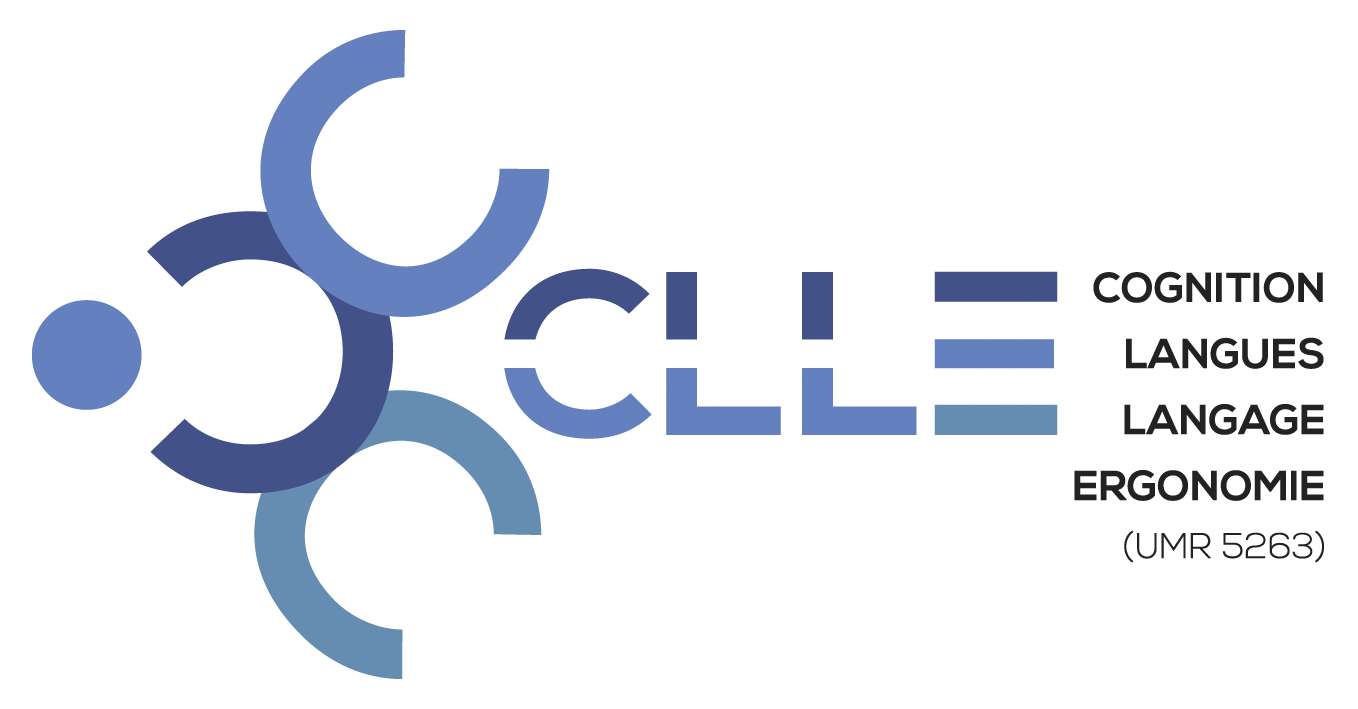-
Partager cette page
Understanding the indirect effects of hate crime
Publié le 3 avril 2018 – Mis à jour le 3 avril 2018
le 5 avril 2018
La salle se situe Antenne MSHS T Toulouse 1 (IEP Toulouse, qui se trouve en face des bâtiments administratifs de l'Université Toulouse 1 Capitole, rue des Puits Creuses.
11 h - 12 h
Ce séminaire est délocalisé salle SP 211 IEP.La salle se situe Antenne MSHS T Toulouse 1 (IEP Toulouse, qui se trouve en face des bâtiments administratifs de l'Université Toulouse 1 Capitole, rue des Puits Creuses.
Rupert Brown (School of Psychology, University of Sussex, UK) - Séminaire CLLE LTC
Résumé : Hate crimes – the targeting of individuals for verbal or physical abuse because of their group membership - are extreme examples of prejudice and they illustrate the significant hostility that certain groups continue to face in many countries. They are an especially pernicious social problem, not only because of the direct consequences for the targeted victims, but because they send messages of hate and intolerance throughout communities and so are liable to have adverse indirect effects on other members of the victims’ group. This talk will focus on those indirect effects. I will take an Intergroup Emotions Theory approach by showing that indirect victimisation is reliably associated with perceptions of threat which then lead to emotional reactions that, in turn, are linked to particular behavioural intentions. Two new contributions will be to show that members of victimised communities experience intergroup emotions because of empathy for the direct victims, and that the experience of more than one emotion simultaneously seems to be a particularly powerful motivator of various behavioural intentions. Throughout, I focus on the Lesbian, Gay, Bisexual and Trans (LGBT) and Muslim communities in the UK, since these are two of the most commonly targeted groups for hate crime there. I will present evidence from survey and experimental studies, always using LGBT and Muslim participants. I believe our findings provide new insights into the social psychology of intergroup emotions, as well as contributing to contemporary socio-legal debates about the role of legislation and policing in combating hate crime.





